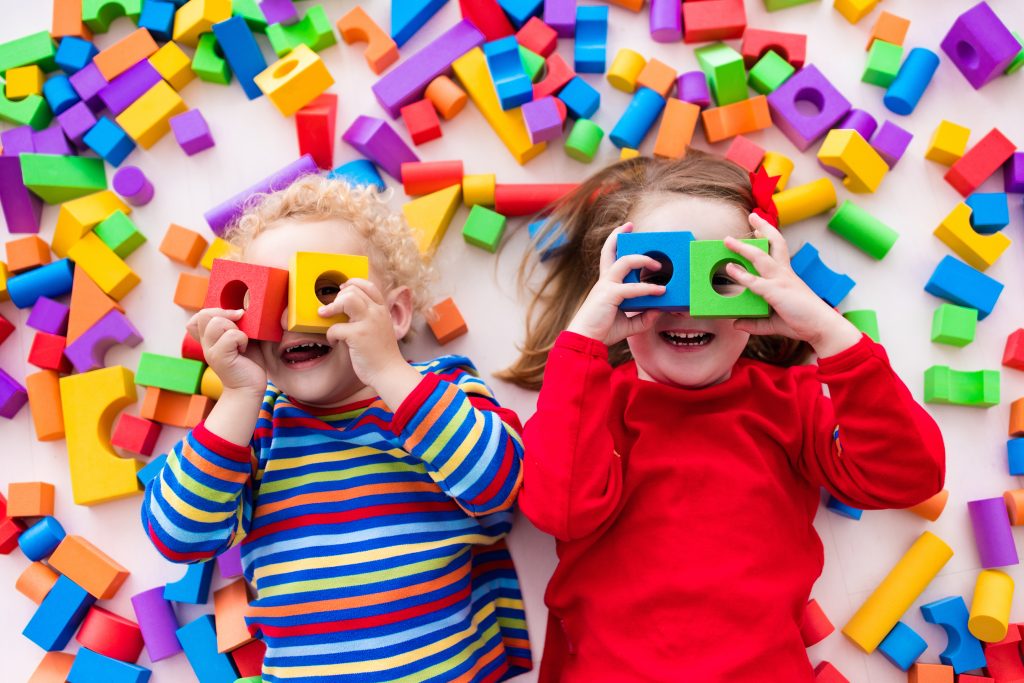Enhance Your Child’s Emotional and Social Development with Different Types of Play
Many parents need to pay more attention to the true significance of their child’s playtime, failing to recognize its pivotal role in their overall development. This oversight can lead to a lack of prioritization of play activities, with parents often focusing more on academic achievements or structured extracurricular activities instead.

Unfortunately, this mindset neglects play’s profound impact on a child’s growth and learning journey. By dismissing play as messy or dispensable, parents risk depriving their children of essential social and emotional development opportunities, which are critical for their well-being and success.
Throughout early childhood, children have the unique opportunity to build a solid foundation of social and emotional skills through various forms of play. As Fred Rogers famously emphasized, for children, play is serious learning. It allows them to explore the world, experiment with different roles and scenarios, and learn invaluable life lessons in a safe and enjoyable environment. Kids enhance their creativity, imagination, and problem-solving skills through play while nurturing critical social abilities like communication, empathy, and cooperation.
There are several distinct types of play, each serving a specific purpose in promoting social and emotional development. For example, when children engage in independent play, they can demonstrate autonomy and self-reliance as they explore their interests and pursue their passions independently. Meanwhile, messy play offers children sensory-rich experiences that help them regulate their emotions, develop fine motor skills, and expand their understanding of the world through tactile exploration.
Dramatic play, sometimes called pretend or imaginative play, lets children immerse themselves in make-believe situations, try out various roles, and express their creativity. This type of play encourages children to explore their emotions, develop empathy for others, and learn essential social skills such as negotiation and conflict resolution.

Physical play, like running, jumping, and climbing, encourages physical health and fitness while encouraging social interactions, teamwork, and resilience. Through physical activities, children learn to navigate social dynamics, assert themselves confidently, and persevere in facing challenges.
Sensory play includes stimulating the senses, like playing with water and sand or sensory bins filled with different textures and materials. These sensory experiences help children develop their sensory processing skills, regulate their nervous systems, and enhance their ability to focus and concentrate.
Cooperative play, conversely, involves children working together towards a common goal, whether building a fort, completing a puzzle, or playing a team sport. This type of play encourages collaboration, communication, and problem-solving skills, laying the groundwork for positive social interactions and relationships.
Symbolic play, also called imaginative play, involves using objects or materials to stand for something else. This kind of play helps children understand complex ideas, express their feelings, and make sense of the world in a safe space. Play isn’t just fun for kids; it’s a crucial part of how they grow and learn.

When parents understand the value of play and give their children chances to play differently, they help them develop socially and emotionally. This sets them up for success and happiness throughout their lives. Therefore, parents must value and prioritize playtime, creating an environment fostering creativity, exploration, and meaningful interactions.
